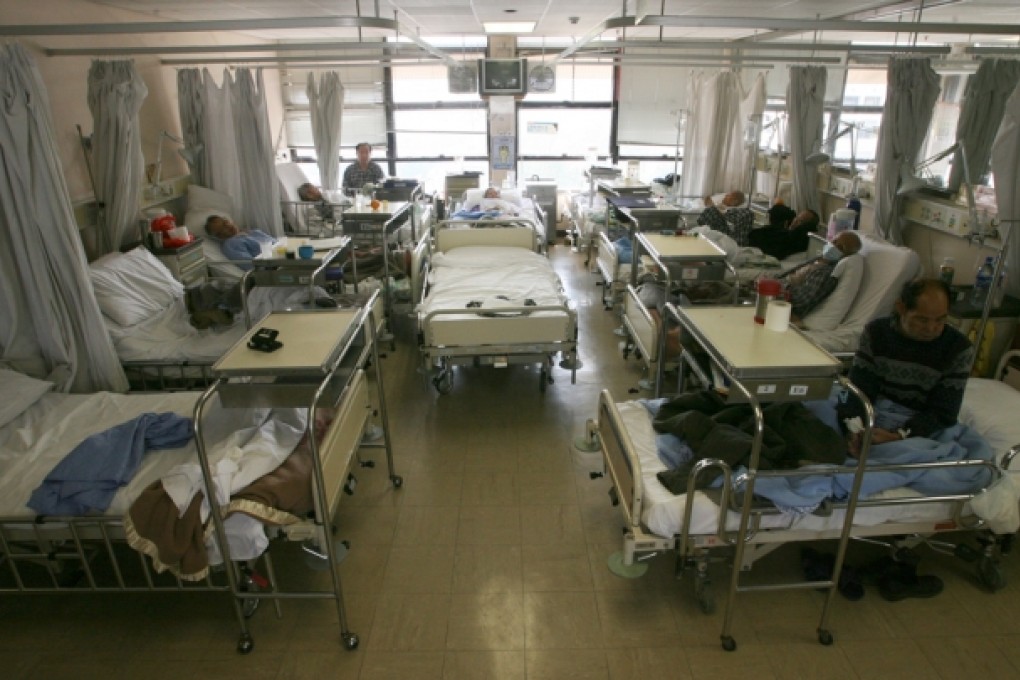More refugees get medical bills waived
Medical fee waivers given to the city's asylum seekers are on the rise, but some hospital staff wonder whether the system is being exploited

The number of torture claimants and asylum seekers granted waivers of non-emergency medical fees by the Hospital Authority has soared threefold in the past four financial years to at least HK$40.8 million.
This increase is despite a fall in the number of torture claimants in the past two years, and the cost is expected to rise further following fee increases.
Some hospital staff are questioning whether the system - under which medical fees are waived for non-residents in need - is being abused. But a lawmaker says these people have a right to medical care while their cases are being examined.
In 2011/12, there were 801 such waivers for inpatient care - more than three times the 233 cases in 2008/09. For outpatient care, there were 9,171 cases - more than twice the 3,967 cases in 2008/09. Waivers for obstetrics cases also rose from 39 to 153 from 2008/09 to 2011/12.
The authority declined to reveal how much the waivers amounted to, but a calculation based on last year's standard charges showed that at least HK$40.8 million was spent over the four years.
The figure is expected to swell as daily fees rose from HK$3,300 to HK$4,680 for inpatient care, and from HK$700 to HK$1,110 for outpatient care in April.
The rise comes despite the number of torture claims received by the Immigration Department falling from 1,809 in 2010 to 1,174 last year.